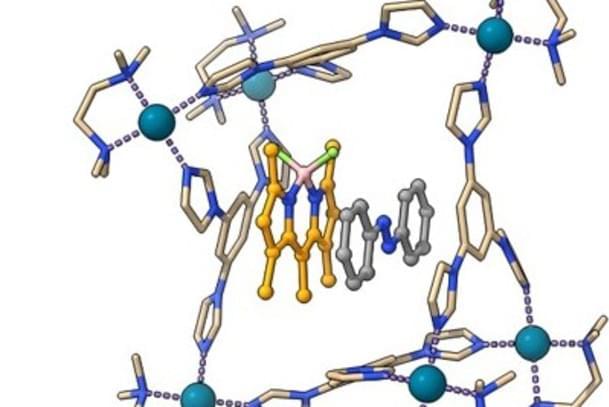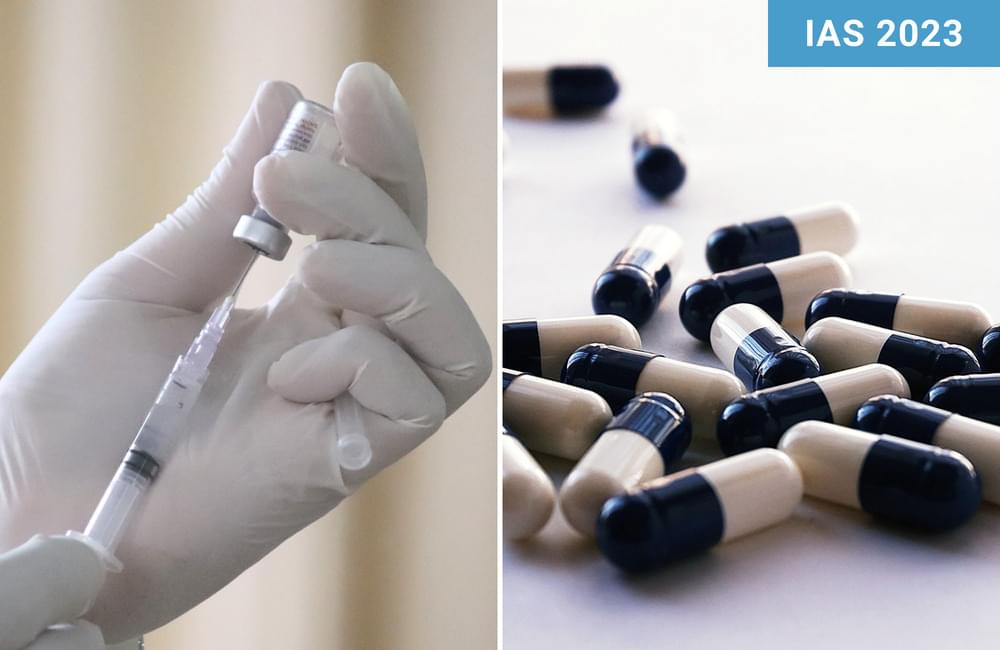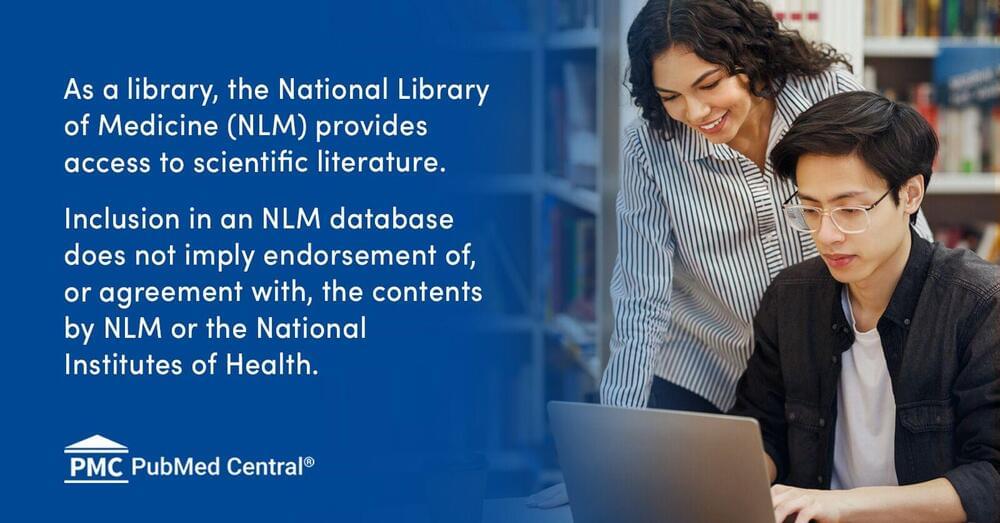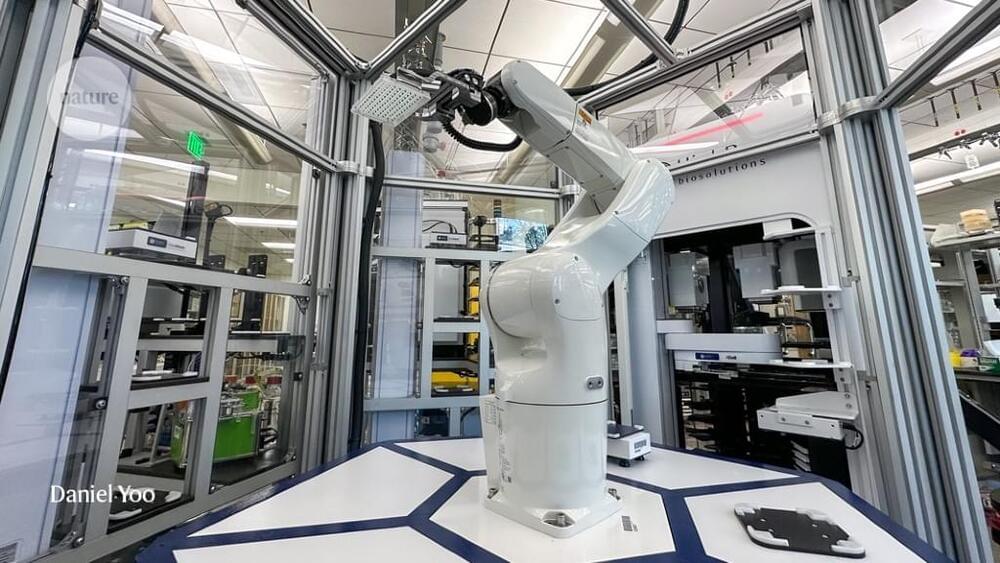What makes Azobenzene molecules particularly interesting is their ability to undergo changes in their shape in response to specific types of light.



There are many therapies that target cancer. The most well-known is chemotherapy, which is a toxic chemical that is directed at a tumor to kill the cells. This is currently the standard of care for most types of cancer. However, as science advances, less toxic and more direct therapies are discovered. The most recently discovered therapy is known as ‘immunotherapy’, which redirects the immune system to kill the tumor. There are many successful treatments with immunotherapy among different types of cancers, including melanoma and lung cancer. Unfortunately, immunotherapy is limited in many solid tumors due to the immunosuppressive tumor microenvironment (TME). The TME is a pro-tumor environment that the cancer has made by releasing specific proteins that allow it to progress. In this environment the tumor can remain undetected from the immune system and progress throughout the body. Different immune cells in the TME become polarized and alter their functions to help the tumor proliferate and grow. It is now becoming more common to pair therapies together including immunotherapy with chemotherapy. Scientists are still trying to find ways to improve treatment and completely eradicate the tumor.
In San Francisco, California, a group of scientists, led by Dr. Alex Marson, are working to modify gene expression to reprogram or change immune cells in the TME to attack cancer. There has been some success, but this immunotherapy does not help treat all patients. In addition, the screening process to determine genetic changes to determine which cells would result in the greatest treatment efficacy is a long, arduous process. A group at the Gladstone Institutes has worked with Marson at University of California San Francisco (UCSF) to develop a strategy that helps pair different genetic combinations in a faster amount of time to determine the most beneficial treatment outcomes. This screening technique is called Pooled Knockin Screening (ModPoKI). ModPoKI finds the best genetic modifications to express in immune cells that will have prolonged anti-tumor efficacy.
The study that demonstrated ModPoKI was published recently in Cell, which demonstrates our ability to now understand how to combine genetic programs. ModPoKI combines genes into long lines of DNA to generate roughly 10,000 combinations to match with a genetically engineered immune cell known as a T cells are major immune cells that primarily target foreign antigens, like cancer cells, and kill them. Once the optimal gene modification is found, it is put into the engineered immune cells that are polarized to kill cancer. After further investigation, the combinations made by ModPoKI resulted in the most polarized anti-tumor T cells.



Global cancer cases in those under 50 surged by 79% over the past 30 years, with breast, windpipe, and prostate cancers leading the rise. The findings call for a global strategy emphasizing prevention, early detection, and tailored treatments for younger patients.
There’s been a striking 79% increase in new cases of cancer among the under 50s around the world over the past three decades (1990−2019), finds research published in the open-access journal BMJ Oncology.
Breast cancer accounted for the highest number of ‘early onset’ cases in this age group in 2019. But cancers of the windpipe (nasopharynx) and prostate have risen the fastest since 1990, the analysis reveals. Cancers exacting the heaviest death toll and compromising health the most among younger adults in 2019 were those of the breast, windpipe, lung, bowel, and stomach.

If you’ve done your “downward dog” yoga pose today, you’re probably feeling more relaxed. Regardless of your level of yoga expertise, if you’re practicing regularly, you can feel better from head to toe. Yoga offers physical and mental health benefits for people of all ages. And, if you’re going through an illness, recovering from surgery or living with a chronic condition, yoga can become an integral part of your treatment and potentially hasten healing. A yoga therapist can work with patients and put together individualized plans that work together with their medical and surgical therapies. That way, yoga can support the healing process and help the person experience symptoms with more centeredness and less distress.
-Aside from these, Yoga also is beneficial to people dealing with Parkinson’s disease. First off it reduces tremors, and it also improves the steadiness of the gait of people with Parkinson’s.
Learn what a Johns Hopkins expert and yoga researcher knows about the benefits and how to get started simply.

Two drugs from a class new to HIV medicine called BH3 mimetics were unveiled at July’s 12th International AIDS Society Conference on HIV Science (IAS 2023) in Brisbane. They may contribute to a cure for HIV by killing off long-lived cells that contain HIV genes in their DNA. Notably, venetoclax (Venclexta) and obatoclax only killed off cells containing intact DNA, capable of giving rise to new viruses, and did not delete cells containing defective, harmless DNA.
A number of drugs and treatments from the anti-cancer arsenal have been investigated as HIV cure research such as HDAC inhibitors, PD-1 inhibitors and therapeutic vaccines. (And, of course, the six successful cures so far have used the radical cancer therapy of a stem cell (bone marrow) transplant.)
This is not coincidental: cancer and AIDS are both the end result of mutations in the DNA of some of our cells. In the case of cancer they arise in the host DNA and in HIV infection they are introduced by a virus, but both are the result of ‘rogue genes’ (some other viruses, such as HPV, directly cause cancers).
Synchron has developed a Brain-Computer Interface that uses pre-existing technologies such as the stent and catheter to allow insertion into the brain without the need for open brain surgery.
Never miss a deal again! See CNET’s browser extension 👉 https://bit.ly/3lO7sOU
Check out CNET’s Amazon Storefront: https://www.amazon.com/shop/cnet?tag=lifeboatfound-20.
Follow us on TikTok: https://www.tiktok.com/@cnetdotcom.
Follow us on Instagram: https://www.instagram.com/cnet/
Follow us on Twitter: https://www.twitter.com/cnet.
Like us on Facebook: https://www.facebook.com/cnet.
#WhatTheFuture #Synchron #BCI

Artificial intelligence (AI) is the branch of computer science that enables machines to learn, reason, and problem solve. In recent decades, AI has been developed with the aim of improving the management of patients with brain tumours. This review article explores the role AI currently plays in managing patients undergoing brain tumour surgery, and explores how AI may impact this field in the future.
Artificial intelligence (AI) platforms have the potential to cause a paradigm shift in brain tumour surgery. Brain tumour surgery augmented with AI can result in safer and more effective treatment. In this review article, we explore the current and future role of AI in patients undergoing brain tumour surgery, including aiding diagnosis, optimising the surgical plan, providing support during the operation, and better predicting the prognosis. Finally, we discuss barriers to the successful clinical implementation, the ethical concerns, and we provide our perspective on how the field could be advanced.
Keywords: artificial intelligence, AI, neurosurgery, brain tumour, machine learning, deep learning, surgery, oncology.
